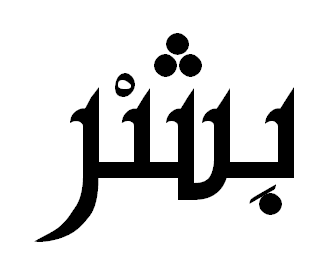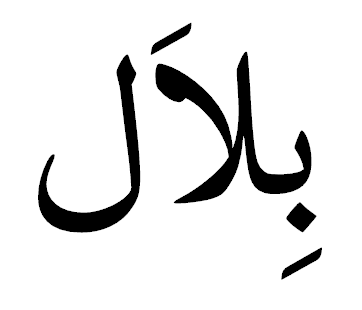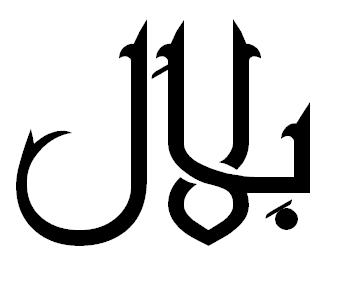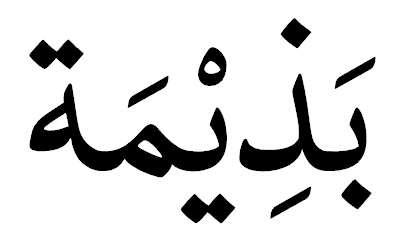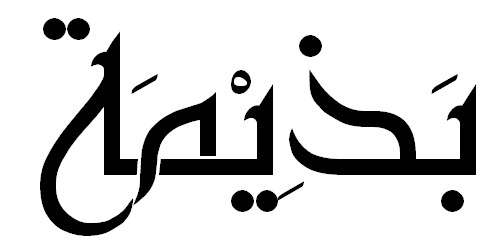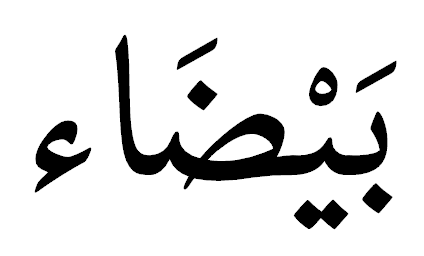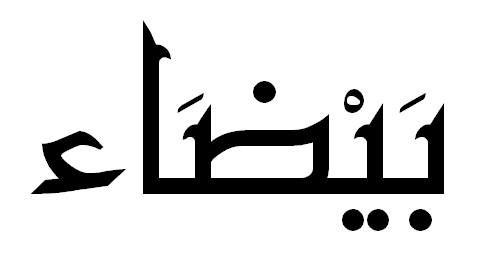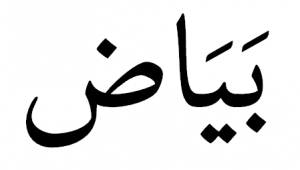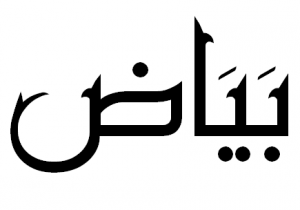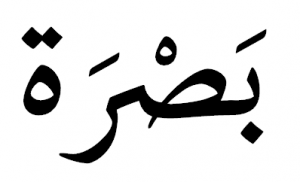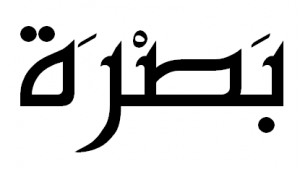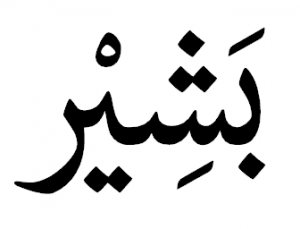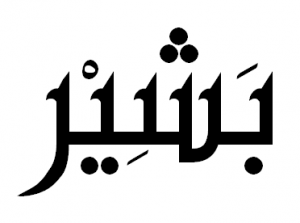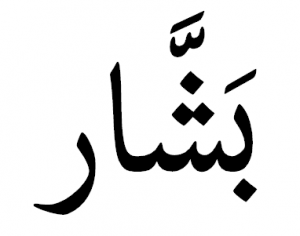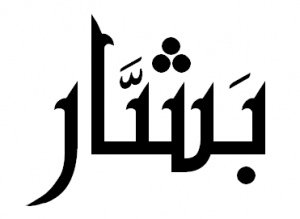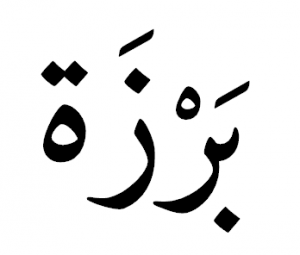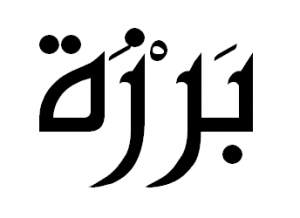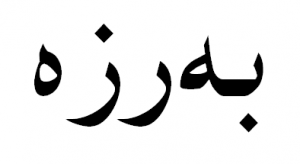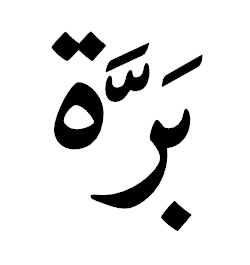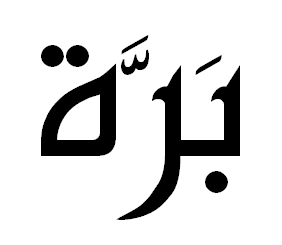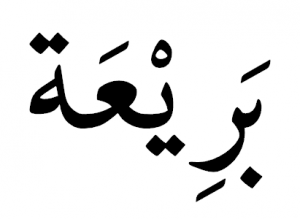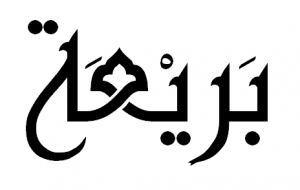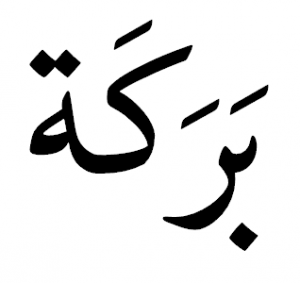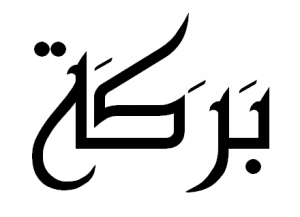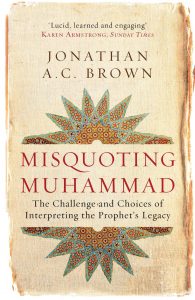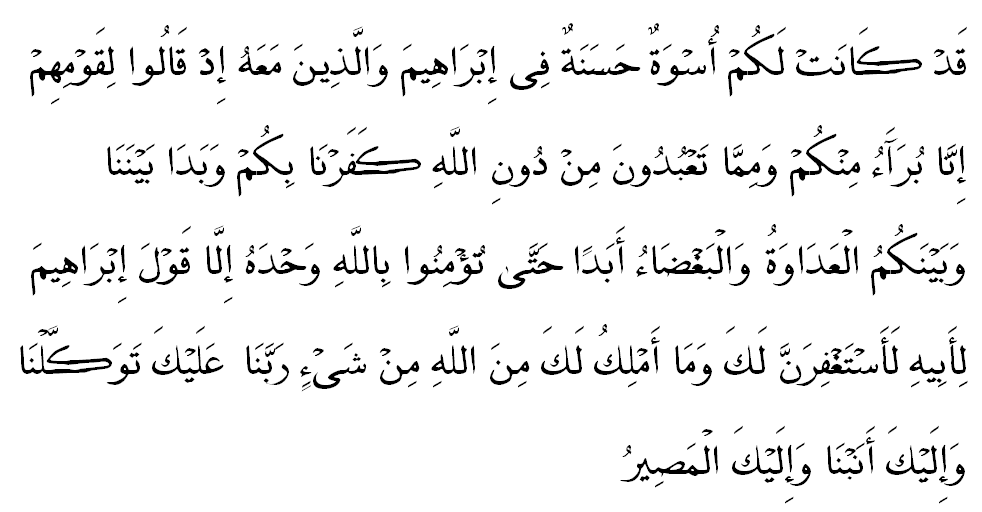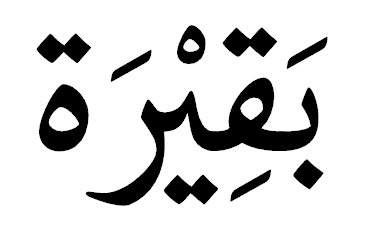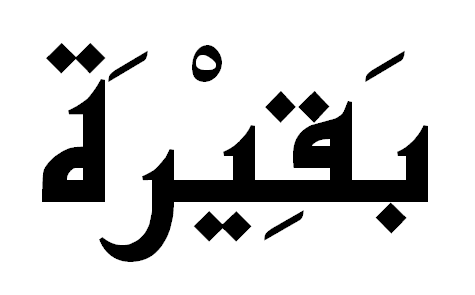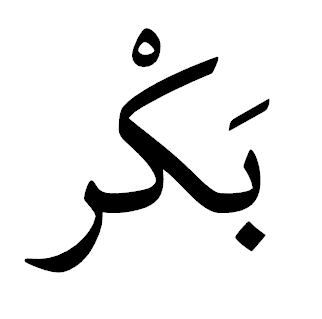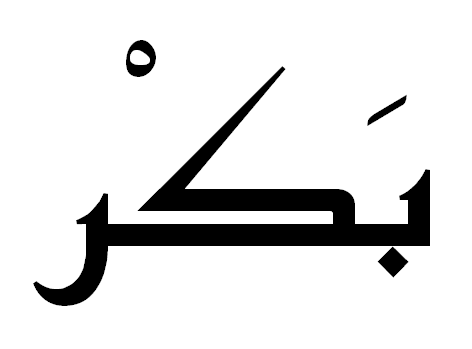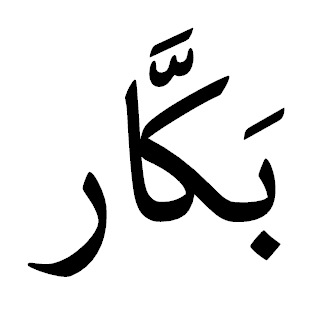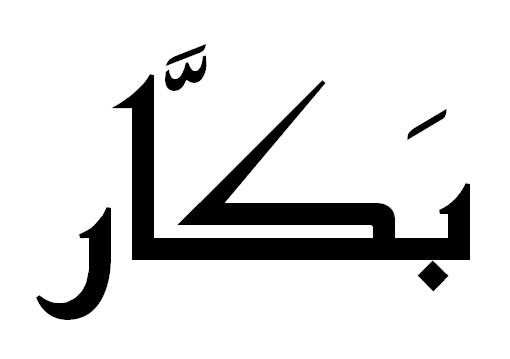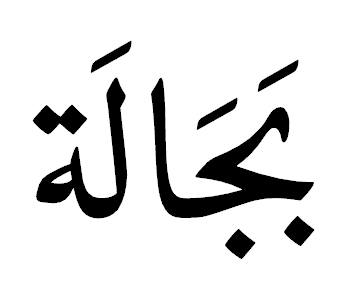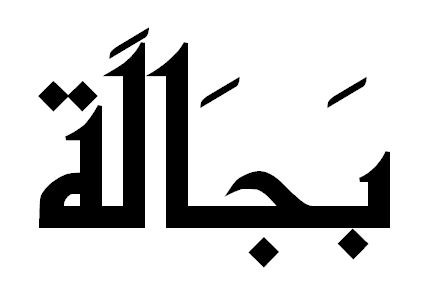Bishr (transliteration: Bishr, Arabic: بشر) is an Arabic name for boys that means “cheerfulness”, “good cheer”, “geniality”, “affability”, the fact of someone having a happy and smiling face and amiable manners toward others.123 Bishr is also the name of a mountain in Najd (the central part of the Arabian peninsula)4, and the name of a well belonging to the Arabian tribe of Taghlib.5
There are 43 Companions of !PM named Bishr:
- Bishr al-Asadi بِشر الأسدي
- Bishr bin al-Baraa’ bin Ma`roor بشر بن البراء بن معرور
- Bishr al-Thaqafi بِشر الثقفي
- Bishr bin al-Harath بشر بن الحارث
- Bishr bin al-Harith bin Amr بشر بن الحارث بن عمر
- Bishr bin al-Harith bin Qais بِشر بن الحارث بن قيس
- Bishr bin Handhalah al-Ju`fi بِشر بن حنظلة الجعفي
- Bishr bin Rabee`ah bin Amr بشر بن ربيعة بن عمر
- Bishr bin Rabee`ah بشر بن ربيعة
- Bishr bin Rudaih بشر بن رديح
- Bishr bin Suhaim بشر بن سحيم
- Bishr bin Sufyan al-Ataki بشر بن سفيان العتكي
- Bishr al-Salmi بشر السلمي
- Bishr bin Shabr بشر بن شبر
- Bishr bin Sahar al-Abdi بِشر بن صحار العبدي
- Bishr bin Aasim بشر بن عاصم
- Bishr bin Aasim bin Sufyan al-Thaqafi بشر بن عاصم بن سفيان الثقفي
- Bishr bin Aamir bin Maalik al-Aamiri بشر بن عامر بن مالك العامري
- Bishr bin Aamir bin Maalik bin Ja`far بشر بن عامر بن مالك بن جعفر
- Bishr bin Abdullah al-Ansari al-Khazraji بشر بن عبد الله الأنصاري الخزرجي
- Bishr bin Abdullah بشر بن عبد الله
- Bishr bin Abd بشر بن عبد
- Bishr bin Urfutah bin al-Khashkhash al-Juhani بشر بن عرفطة بن الخشخاش الجهني
- Bishr bin Ismah al-Laithi بشر بن عصمة الليثي
- Bishr bin Ismah al-Muzani بشر بن عصمة المزني
- Bishr bin Atiyyah بشر بن عطية
- Bishr bin Aqrabah al-Juhani Abu Yamaan بشر بن عقربة الجهني أبو يمان
- Bishr al-Ghanawi father of Abdullah bin Bishr بشر الغنوي والد عبد الله بن بشر
- Bishr al-Ghanawi بشر الغنوي
- Bishr bin Quhaif بشر بن قحيف
- Bishr bin Qudamah al-Dhubabi بشر بن قدامة الضبابي
- Bishr bin Qutbah bin Sinan bin al-Haarith بشر بن قطبة بن سنان بن الحارث
- Bishr bin Qais بشر بن قيس
- Bishr bin Qais bin Kaladah al-Tamimi al-Anbari بشربن قيس بن كلدة التميمي العنبري
- Bishr bin al-Muhtafiz بشر بن المحتفز
- Bishr bin Mas`ud بشر بن مسعود
- Bishr bin Mu`adh al-Asadi بشر بن معاذ الأسدي
- Bishr bin Mu`awiyah bin Thawr بشر بن معاوية بن ثور
- Bishr bin al-Mu`alla بشر بن المعلى
- Bishr bin al-Hajanna` al-Bakka’i بشر بن الهجنع البكائي
- Bishr bin Hilal al-Abdi بشر بن هلال العبدي
- Bishr Abu Khalifah بشر أبو خليفة
Below is the name Bishr written in Arabic naskh script:
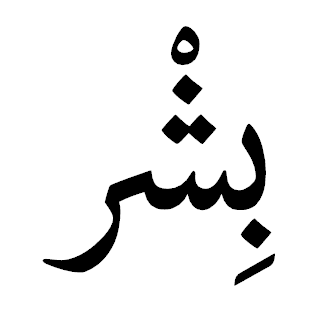
Below is the name Bishr written in Arabic kufi script:
